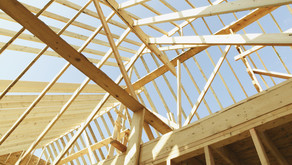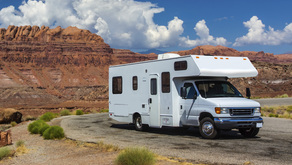Conventional Home Loans
A conventional loan is any mortgage that is not guaranteed or insured by the federal government. A conventional loan is the ideal loan for borrowers with excellent credit and funds for a down payment.
Conventional mortgage guidelines allow you to purchase condos, planned unit developments, modular homes, manufactured homes, and 1-4 family residences. Conventional loans can also be used to finance primary residences, second homes and investment properties.
Conforming Loan Limits
A conventional loan that follows certain loan amount limits is considered a conforming loan. Listed below are the current conforming loan limits - these lending limits apply to conventional loans for 1-4 unit residential homes and condos and may mean reduced rates and easier documentation requirements!
| County | One Unit | Two Units | Three Units | Four Units |
|---|---|---|---|---|
| Beaver, Cache, Carbon, Daggett, Duchesne, Emery, Garfield, Grand, Iron, Juab, Kane, Millard, Piute, Rich, San Juan, Sanpete, Sevier, Uintah, Utah, Washington, Wayne, Salt Lake, Tooele |
$726,200 | $929,850 | $1,123,900 | $1,396,800 |
| Box Elder, Davis, Morgan, Weber | $744,050 | $952,500 | $1,151,400 | $1,430,900 |
| Summit, Wasatch | $1,089,300 | $1,394,775 | $1,685,850 | $2,095,200 |
Frequently Asked Questions
What is the minimum credit score required for a conventional loan?
Generally, at least a 620 credit score is required for a conventional loan.
How much money does a conventional loan require for a down payment?
Conventional home mortgage loans typically require the borrower to have at least 5% of the sales price in cash for the down payment. If a buyer can put down at least 20% of the sales price, they will be able to avoid mortgage insurance.
What information is needed from the applicant to start the process for a conventional mortgage loan?
- Social Security number
- Residence addresses for the past two years
- Names and addresses of your employers over past two years
- Current gross monthly salary
- Tax returns for the past two years
- Pay stubs for the last 30 days
- Names, addresses, account numbers and balances on all checking/savings and other open accounts
- Addresses and loan information of other real estate owned, if applicable.
- Estimated value of furniture and personal property
- W2's for the past two years
- For self-employed individuals, provide current income statement and balance sheet
Contact Us
For more information about a conventional loan - and other loan options - give us a call at 801-409-5000 or find a loan officer.







